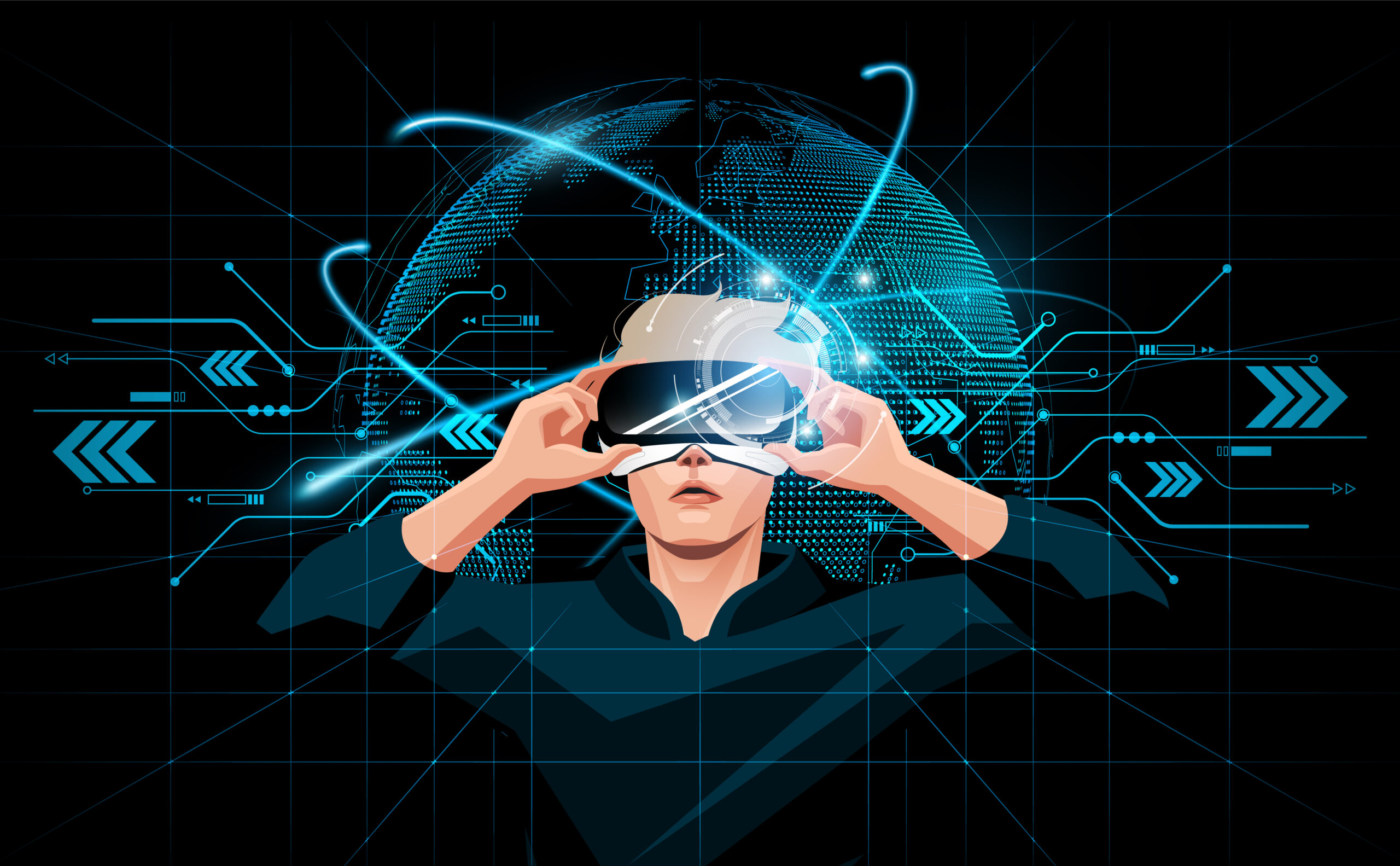Mark Zuckerberg, CEO of Meta (formerly Facebook), recently spoke to AI researcher and podcaster Lex Fridman about all things Meta, Facebook, Instagram and the metaverse.
As it’s still in its infancy, there isn’t much known about the metaverse, although large corporations, such as Nike, Adidas, Disney and Walmart have expressed plans to be a part of the metaverse; JP Morgan and Goldman Sachs believe the metaverse will become a market opportunity valued well into the trillions.
Corporations aside, one thing that Zuckerberg has made clear is that he’s trying to make it mirror life as closely as possible, where it’s not viewed as a separate entity but as just another part of real life.
In the podcast, Zuckerberg touched on one thing event professionals hold dear: that feeling of presence in meetings. This is something virtual meetings try to replicate, yet falls short. Hence the excitement of getting back to face-to-face meetings.
“The feeling that you’re right there in an experience…that you’re there with others or in another place” he said. “That’s different from all the other screens we have today. Phones, TVs, they’re trying to deliver experiences that feel high fidelity, but at no point do you actually feel like you’re in it. At some level your consciousness is trying to convince you that this is a realistic thing that’s happening but all of the subtle signals are telling you, ‘No, you’re looking at a screen.’”
Read More: Language Interpretation Is the Next Wave in Virtual Meetings
Virtual Meeting, Real Feel
According to Zuckerberg, two things make all the difference in virtual meetings, separating the not-so-engaging one from the truly immersive: visual presence and spatial audio.
Spatial audio creates a virtual environment that mirrors the same auditory sensation experienced in real life. If someone is talking from across the room, he said, it will sound like that person is talking from across the room. “You can have side conversations,” he continued. “If you’re around a table with people, you can lean over and whisper to the person next to you.”
“Spatial audio makes a huge deal,” he said. His belief in the system is so strong that he’s already made a rule for all top management at Meta to do standing meetings in the company’s virtual workrooms. “This is how people are going to work in the future, so we have to adopt this now,” he added.
Zuckerberg said when first using the Quest headset for meetings, there were already things that felt “significantly better than typical Zoom meetings, even though the [virtual] avatars are a lot lower [visual] fidelity.”
“This is how people are going to work in the future, so we have to adopt this now.”
“I think it’s interesting in what ways some of these things already feel more real than a lot of the technology we have,” he continued.
More Not So Small Advancements
Moving past Zoom and into the physical world, there are things that the virtual world currently can’t emulate, such as the feeling of temperature, smell and touch. The last one, though, is being worked on, with gloves that have haptic feedback (think squeezing a virtual object and actually feeling the pressure).
“All these things are going to be critical to be able to keep up this illusion that you are…fully present in this world,” Zuckerberg said.
Another aspect needed to give a sense of full presence is facial cues, a large part of human conversation. As a solution, Meta’s next version of its Quest VR headset will have a greater focus on facial tracking and eye tracking.
Read More: How Two Virtual Meetings Added Meaning to their Gatherings
“This isn’t really something you can do over a video conference,” he said. “It’s amazing how far video conferencing has gotten without the ability to make eye contact. You’re looking at someone’s face for an hour when you’re in a meeting and you looking at their eyes, to them, doesn’t look like you’re looking at their eyes.”
With today’s VR, even without eye tracking, eye contact can be faked “reasonably well,” he added.
Faking virtual eye contact may soon no longer be necessary. Zuckerberg predicted advancements in authentic video interactions will be commonplace in the next 10 years.
You can watch all two hours of the podcast here, where they dive into security concerns, censorship, identity in the metaverse, social media and mental health, why Zuckerberg is the least-liked tech CEO and more.




